I'm not sure which language are you using. I have a library, written for my purposes, that can get a full partition by given line set and return polygons as a result. It is written on PHP and called dimension and, using it, you can solve your question like way:
- Define your polygon by a set of lines LineSet_2D or a Polygon_2D
- Define partition lines also through Line_2D
- Use LineSet_2D method getPolygons to find all polygons
I've written an example:
//define or polygon. Note that Polygon_2D can also be used
$rPolygon = new LineSet_2D(
new Line_2D( 0, 3, 1, 1),
new Line_2D( 1, 1, 3, 0),
new Line_2D( 3, 0, 1,-1),
new Line_2D( 1,-1, 0,-3),
new Line_2D( 0,-3,-1,-1),
new Line_2D(-1,-1,-3,0),
new Line_2D(-3, 0,-1, 1),
new Line_2D(-1, 1, 0, 3)
);
//define partition line set
$rPartition = new LineSet_2D(
new Line_2D(-1, 1, 1,-1),
new Line_2D(-1,-1, 1, 1)
);
//result line set:
$rResultSet = LineSet_2D::createFromArray(array_merge(
$rPolygon->getLines(),
$rPartition->getLines()
));
//for example, dump plain result:
var_dump($rResultSet->getPolygons());
You can also find this example here But I think it is not exact solution for your question, since my LineSet_2D class will return all looped polygons (i.e. not only 'pieces').
